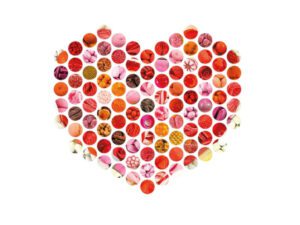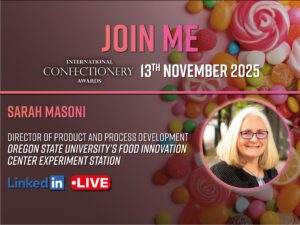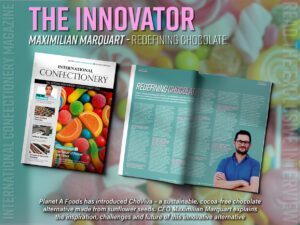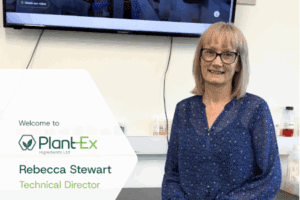LONDON (Reuters) – Nestle (NESN.S) and Unilever (ULVR.L) both snapped up small, artisanal brands on Thursday, part of a drive by big food firms to boost slowing sales with products seen as ethical or healthy.
Changing consumer tastes and habits have rocked the processed food sector, letting upstarts steal market share from traditional brands with the growth of e-commerce, social media and interest in sustainability and health.
Natural, organic, artisanal or plant-based products have been a bright spot in an otherwise tepid market, where the need to buy growth and cut costs led to Danone’s (DANO.PA) purchase of WhiteWave and failed attempts by Kraft Heinz (KHC.O) to buy Unilever and Mondelez (MDLZ.O) to buy Hershey (HSY.N).
Nestle, the world’s largest processed food company which has recently become a target of activist shareholder Third Point, said on Thursday it has agreed to buy Sweet Earth, a U.S. maker of frozen meals, burritos and burgers that use meat substitutes.
That marks its first foray into the U.S. market for plant-based foods like tofu and seitan, which is growing at a double-digit rate annually and expected to reach $5 billion by 2020.
Meanwhile Unilever said it has bought the small British organic tea brand Pukka, known for herbal teas with catchy names such as mint matcha green and turmeric gold.
The acquisition extends the world’s largest teamaker into the market for organic tea, which Euromonitor says will grow by 22 percent to reach $1.2 billion by 2021.
Euromonitor analyst Maria Mascaraque said the market for organic food and drinks is still a small part of the total, but should continue to grow strongly.
“(The market) shows growth opportunities based on the evolution of consumers’ priorities towards the consumption of natural foods and beverages as well as the increasing interest in social and environmental responsibilities,” Mascaraque said.
Neither company disclosed what they were paying for their respective acquisitions, but Unilever said Pukka has annual sales of 30 million pounds and growth of 30 percent.
This should lift Unilever’s portfolio, which includes large brands Lipton and PG Tips, and which Euromonitor says has seen its market share slip over the past five years.









